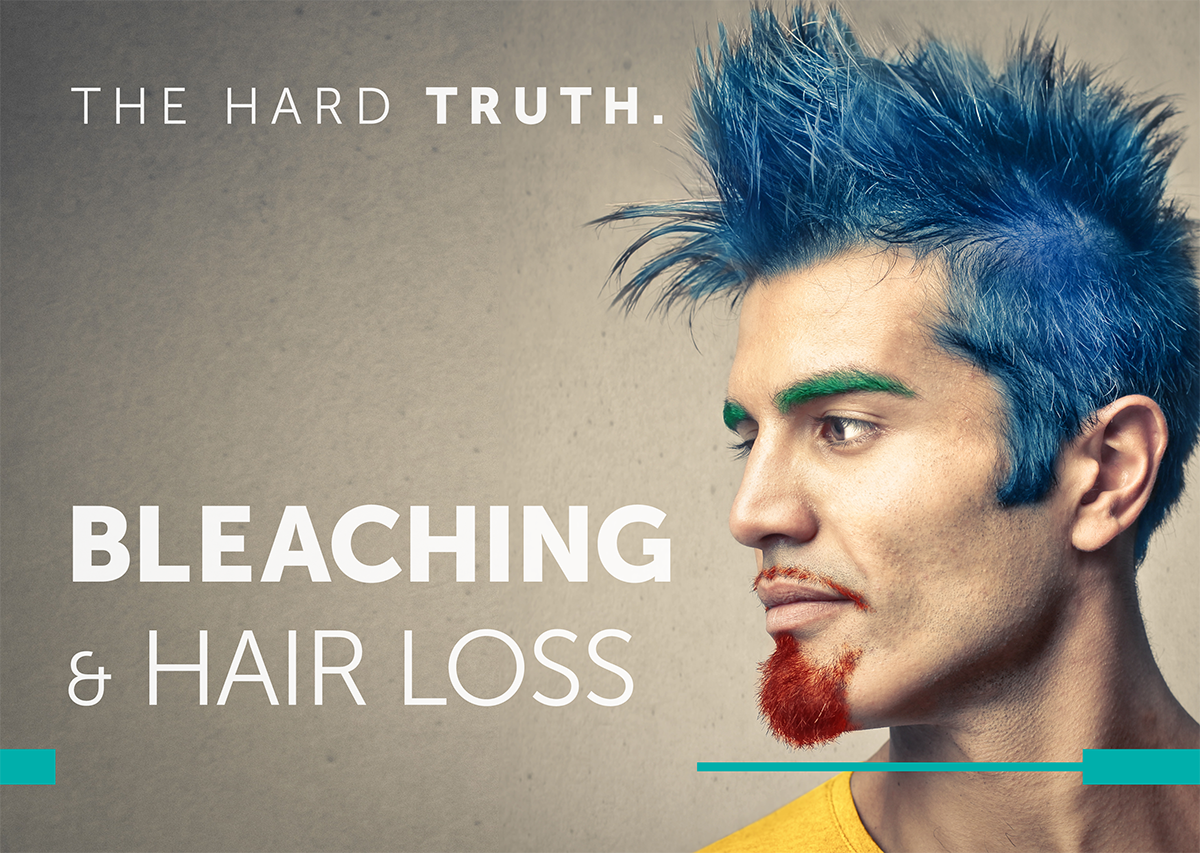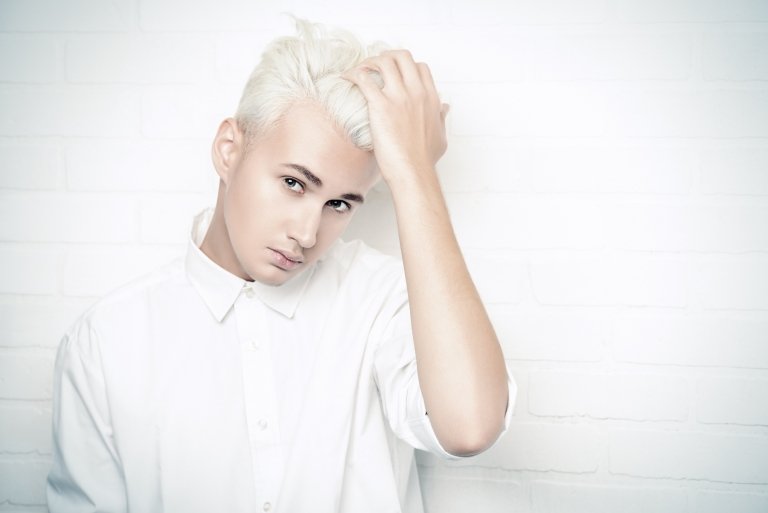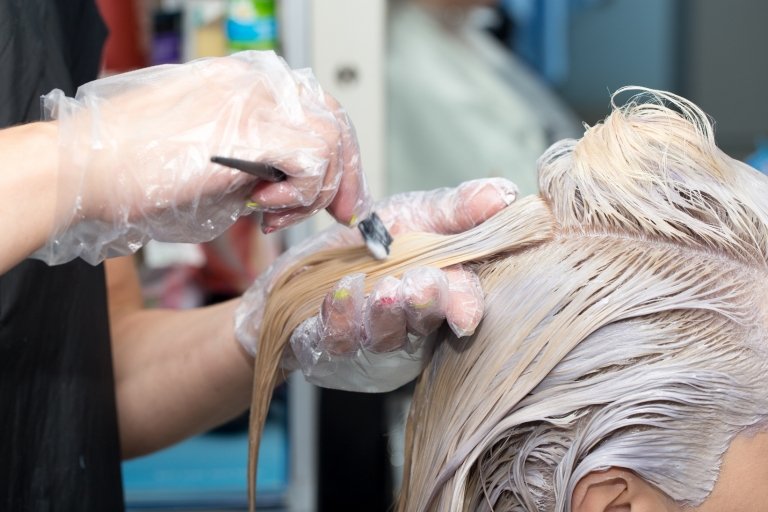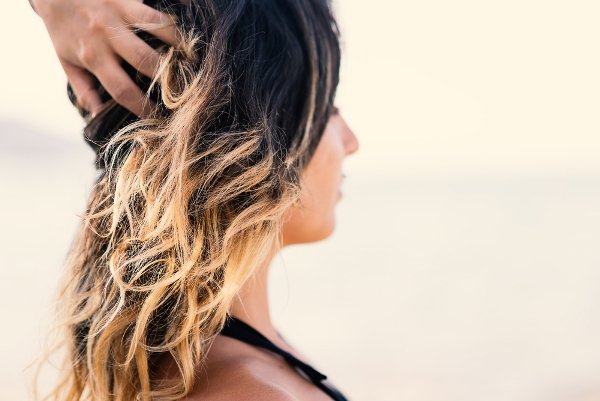
It is the way we carry ourselves that makes us tick. In the same way, it is the way we style our hair—the crowning glory of a person—that makes us look fabulous. The hairstyle that we usually sport speaks so much about ourselves. Likewise, hair colouring.
Some would make drastic changes and go with blue or green shades for a distinct look. However the question most are asking is –
WILL HAIR BLEACHING OR DYEING CAUSE HAIR LOSS?
Hair dye may damage your hair, but in most cases it will not cause hair loss. Dyeing your hair causes protein loss from the hair in small amounts, which can make the hair appear thinner, especially if you lighten your hair colour.
But It May Cause Permanent Damage.

Of all colouring methods, bleach is potentially the most damaging, and therefore it is advisable that it is done professionally. Bleaching raises your hairs’ outer cuticle, allowing the bleaching agent to fully penetrate, by going into the hair shaft and reacting with the stable pigment molecules, breaking them down into components that will wash the pigments right out of your hair.
It also breaks down the natural fatty acids on the hair shaft, weakening the strand. This is permanent damage and the longer you bleach the worse it gets. Also, repeated bleaching can permanently raise the cuticle scales and allow rapid and continuous loss of moisture. Bleach damage is as cumulative as it is permanent, and your ends will be less equipped to survive it every time3∗×
However, temporary hair losses may occur if ¹’²:
- the bleach caused chemical burns and those burns can cause damage to your scalp and hair follicles. This can result in hair loss
- hair was in bad condition prior to the bleaching service, it can also cause hair breakage at the scalp level
- a bleach/dye has caused the scalp to become inflamed and sore (obvious if present).
Steps to prevent and manage temporary hair loss due to bleaching.

Here are 7 important hair-saving steps when you bleach or dye your hair to prevent the risk of hair loss:
1. Consult a trichologist before you bleach or dye your hair to check the condition of your hair. A trichologist will also be able to provide a pre-bleaching treatment to condition the scalp before bleaching
2. Use a deep conditioning treatment or hair moisturising mask three days before and also after bleaching or highlighting, and then weekly thereafter. This will help “prepare and fortify” the hair with moisture, making it more elastic and less likely to break during the bleaching procedure∗
3. Always get a patch test done prior to the procedure!
4. Advisable to have your hair bleached by a professional because hair bleaching as meant for “off the scalp” use only and are not intended to come in contact with the skin – especially not the delicate skin of the scalp. So do not attempt to do it on your ownˆ
5. During the bleaching process, alert your stylist if you feel any burning sensation because it may be a sign of a scalp burn or allergy reaction.ˆ The process should be stopped. Consult a trichologist if the burning sensation persists
6. After the bleaching, examine your scalp. Do you feel any roughness or scabbing of the skin? Does your scalp look red and irritated or burned? If it does, you may have gotten chemical burns from chemicals that were too strong, or that you were sensitive to. Consult a professional trichologist immediately to have your condition diagnosed and treated before the condition escalates and becomes permanent
7. After bleaching, do you experience excessive hair breaking off at the scalp? This may be due to the improper condition of the hair to receive the service. In this case, you need to seek help from a trichologist and start a reparative regimen as soon as possible. However, your hair will never be the same until it regrows and is replaced by new growth. The best you can do is seek professional help to provide the optimal conditions for a healthy scalp.

Don’t Rule Out Other Conditions
Although bleaching/dyeing your hair may not be the cause of your hair loss, other things like genetic hair loss, wearing the hair in constricting styles or even taking certain medications can cause hair loss. Wondering if you are experiencing hair loss? Click here to find out the 6 signs of hair loss.
If you're concerned about your hair falling out, discontinue any harsh chemicals you're using on your hair and book a consultation with our Trichologists now.
References:
1 https://www.hairscientists.org/faq The Trichological Society
2 https://www.nicehair.org/can-dying-your-hair-cause-hair-loss/2/#sthash.OmMhHMue.dpuf
3 The Mechanism of Hair Bleaching
4 LESZEK J. WOLFRAM, Ph.D., K. HALL, B.Sc., and I. HUI, M.Sc.*
5 Presented December 2, 1969, New York City
6 https://www.washingtonpost.com/news/speaking-of-science/wp/2015/01/23/why-bleaching-wrecks-your-hair-and-how-to-make-it-better/
7 https://www.leaf.tv/3497825/does-bleaching-or-dying-your-hair-cause-hair-loss/
8 https://www.healthxchange.sg/
9 https://www.hairfinder.com/hairquestions/burned_hair.htm